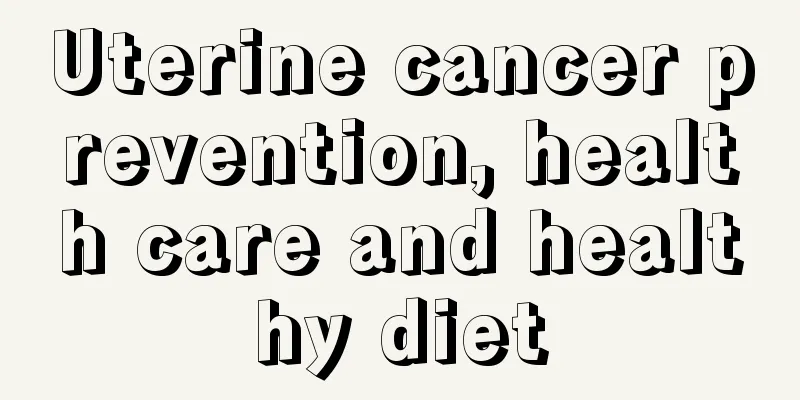What is the cause of sensitive and painful teeth

|
There is a saying that goes, toothache is not a disease, but it is really painful when it happens. Although toothache will not affect the overall health of the body, it is very uncomfortable and can make people unable to sleep well and eat. The reason why teeth hurt may be due to dental implants, or it may be because the teeth are too fragile and sensitive, and they can easily cause pain as long as they are damaged by the outside world. Tooth sensitivity and pain must be treated promptly, otherwise it may cause bigger problems. 1. Rub your teeth with garlic Garlic contains fluoride and allicin. Rubbing it against teeth can partially close the open dentinal tubules and block external stimulation to the dental nerves. Slice the garlic and leave it for 5 minutes, then rub the sensitive teeth with the garlic slices for 3 minutes, 3 times a day. 2. Apply vitamin E oil Vitamin E helps enhance the repair ability of teeth and surrounding tissues. Rinse your mouth with warm water and apply the oil in the pure vitamin E capsule on the sensitive teeth. Do not drink water within half an hour to extend the time the medicine remains on the teeth as much as possible. 3 times a day. 3. Chew green tea Green tea is rich in catechins, fluoride, tannic acid and other ingredients, which help the protein in the hard tissue of teeth to coagulate, form a protective layer and relieve tooth allergies. Tannic acid also has the effect of reducing calcium dissolution. Take 1 gram of green tea leaves each time, chew for 5 minutes, 3 times a day. 4. Chew raw walnut kernels Raw walnut kernels are rich in linoleic acid glyceride, calcium, phosphorus, etc., which will penetrate into and block the dentinal tubules when chewed, reducing stimulation to the dental nerves. First rinse your mouth with light salt water, put 20 grams of walnut kernels into your mouth, chew for 3-5 minutes, and swallow slowly. Do this once in the morning and once in the evening. 5. Use desensitizing toothpaste Desensitizing toothpaste can achieve a desensitizing effect. Its advantages are that it is economical, convenient, and easy to use at home, but it takes some time for the effect to show. In addition, food residues and sour fruit drinks can easily corrode teeth, so rinse your mouth with warm water or light salt water after meals. After the age of 50, it is advisable to use a soft-bristled toothbrush and a desensitizing toothpaste. People who suffer from bruxism can go to the hospital to get a bite plate and wear it when sleeping. |
<<: What are the reasons for sore teeth
>>: How to treat genital folliculitis?
Recommend
How does prostate cancer come about? The three major causes of prostate cancer
Generally speaking, prostate cancer may be caused...
What to do if ringworm grows on the inner thigh
Some patients grow tinea cruris on the inner thig...
What are the magical uses of honeysuckle
Honeysuckle is a traditional Chinese medicine wit...
Why do I always have diarrhea?
In daily life, diarrhea is a very common gastroin...
How can pregnant women prevent lymphoma?
In daily life, cancer is extremely harmful to the...
What are the factors that lead to gastric cancer?
Gastric cancer is the third most common malignant...
Can people with cervical spondylosis sleep on latex pillows?
It is best for patients with cervical spondylosis...
Coma followed by fever is common in
First the patient falls into a coma, then develop...
Can non-Hodgkin's lymphoma be cured
Non-Hodgkin's lymphoma brings many complicati...
What causes loose black stools?
Diarrhea and black stools are often caused by imp...
What methods can be used to correct sagging breasts
For some women, it is very distressing that their...
What should I do if there is a small lump of flesh under my anus?
It is common to have a small lump of flesh under ...
What are the causes of lymph acne?
Everyone knows about acne on the face, but have y...
Does stretching your ligaments make your legs longer?
Growing taller is the wish of most people, but it...
Tips for preventing rice from insects
If rice is stored at home for too long, it is eas...









